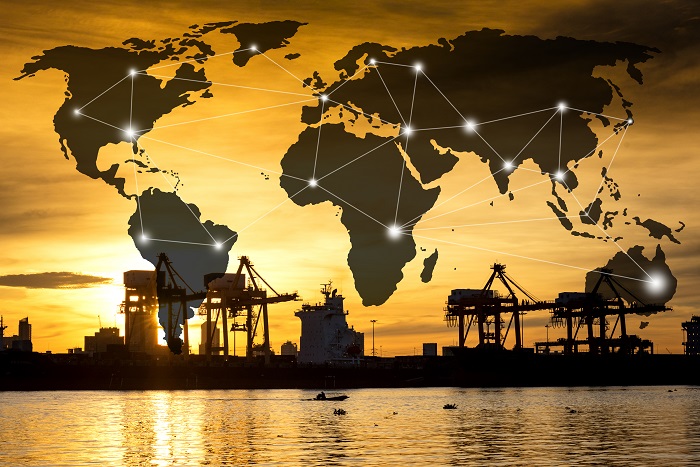Up to 20,000 whales die in ship collisions every year, according to sustainable seafood and fisheries certifier Friend of the Sea. This sobering statistic comes on this year’s World Whale Day, 19 February, an annual awareness day aimed at highlighting the challenges that marine mammals face including climate change, loss of habitat and ship collisions.
Shipping companies can better protect marine life and drastically reduce the thousands of whales killed each year by passing vessels, if they embrace advanced technologies to support safe navigation and improved situational awareness.
Yarden Gross, CEO and Co-founder of Orca AI, the developer of a marine-purposed smart situational awareness platform, said: “The vast number of whales killed by vessels is startling and must be addressed. Many shipping companies have started to leverage AI and computer vision based technologies on their vessels to detect, track, and alert the navigating crew to sea mammals in the surrounding area. This is a major leap in curbing marine mammal strikes and reducing whales’ mortality rates.
“The Orca AI platform taps into six external cameras installed on the vessel’s monkey island [the top most accessible height of a ship], and relays the information to a digital display that officers use for navigating, enabling them to spot any potential hazards including marine life.”
Gross added that an AI platform makes up for the limitations of people’s eyesight, by providing safe ship navigation in low-visibility conditions. Other industries such as aviation and automotive have already recognised the limitations of humans in real-time decision making. As such, automation has become an integral part of cars and planes today.
“The essential role of navigating safely and avoiding collisions with sea life and other vessels can be performed by AI-powered technology that constantly observes and analyses a ship’s surroundings,” Gross said. “The shipping industry must recognise this reality and adopt the same approach as other sectors. In waterways with low-to-zero visibility, and which are also becoming increasingly congested with larger vessels, the risks are too high.”
Source: Hellenic Shipping News






